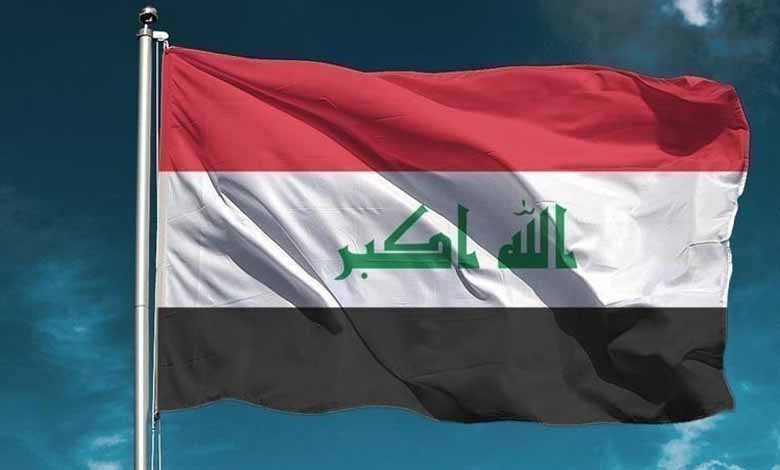Iraq: Forming a government is a difficult task; details

As Prime Minister-designate Mohammed Shia’ Al Sudani continues to form a government, it seems that it will be a government of accountability, as is the practice underway since the American invasion of Iraq in 2003. This is the tradition that the Sadrist movement rebelled against before its leader, Muqtada Al-Sadr, withdrew from the political process.
Disputes that make Prime Minister Mohammed Shia’ Al Sudani’s promises of quick government formation a difficult task, especially since the differences that are being talked about are within the major political arena, namely the coordination framework, specifically between Asa’ib Ahl al-Haq and Kata’ib Hezbollah.
According to local media, one of the main points of contention is the position of interior minister between the Badr Organization, headed by Hadi al-Amiri, on the one hand, and the State of Law, headed by Nouri al-Maliki, and other forces within the framework on the other.
A leader in the Shafaq News website revealed that the competition for the post of Interior Minister is raging between three candidates: National Security Advisor Qasim al-Araji, Popular Mobilization Forces Chief Falih Al-Fayyadh, and Interior Ministry Advisor Maj. Gen. Mahdi al-Fekeiki.
The Iraqi Ministry of Interior is considered one of the sensitive sovereign ministries, and all political forces seek to control it by pressuring the appointed Prime Minister, who is seeking to form a new government subject to the quota system.
Despite calls to purge the Interior Ministry of pro-Iranian militias, the coordination framework mandated Al Sudani to form a government, as it sees fit, as required by the stage, with the exception of the Ministries of Defense and Interior.
The dispute also involved the position of the National Security and Intelligence Service between Qais Khazali’s Asa’ib Ahl al-Haq (AAH), one of the largest pro-Iranian armed militias, and Iraq’s Hezbollah Brigades, an influential armed militia.
According to various press reports, another conflict broke out between Sunni powers over the post of defense minister. The conflict revolves around three names: “Khaled Al-Obaidi, Hamad Al-Namis, and Nasser Al-Ghannam.”
Traditionally, Shiites in each government formation have 11-12 ministries, Sunni Arabs have 6-7, Kurds 4-5, and minority representatives have one.
Al-Sudani announced the start of negotiations with the political powers since his selection last week, in order to settle the distribution of positions among themselves.
On Thursday, the Coordination Framework announced that “the Al Sudani’s government is authorized to choose the ministries that are related to the weight of the electoral framework, after the political forces presented lists of their numbers and their deputies with live signatures and candidates, according to the criteria of the prime minister-designate on a spectrum of ministries.”
In a statement published by the Iraqi News Agency, Al-Sudani also “authorized the circulation of ministries between components or within components, exempting the Ministries of Interior and Defense from quotas, and nominating civilian or military figures, in a way that ensures the achievement of an effective service government that is consistent with the ministerial program”.
The Coordination Framework Forces have become the largest parliamentary bloc in the Council of Representatives since the resignation of the Sadrist Bloc. Under the Iraqi constitution, the Sadrist Bloc submits its candidate for the prime minister to the elected president of the republic, who in turn assigns the candidate to present his government program and the names of members of his cabinet to the Council of Representatives.
The State Administration includes pro-Iranian Shia parties in the Coordination Framework, which has 138 of the 329 deputies, as well as the Sunni Sovereignty Alliance led by Mohamed Al-Halbousi, as well as the two Kurdish parties, the Patriotic Union of Kurdistan (PUK) and the Kurdistan Democratic Party (KDP).
Shia leader Muqtada al-Sadr (the main opponent of the Coordination Framework) has already announced that he will not participate in the next government.












